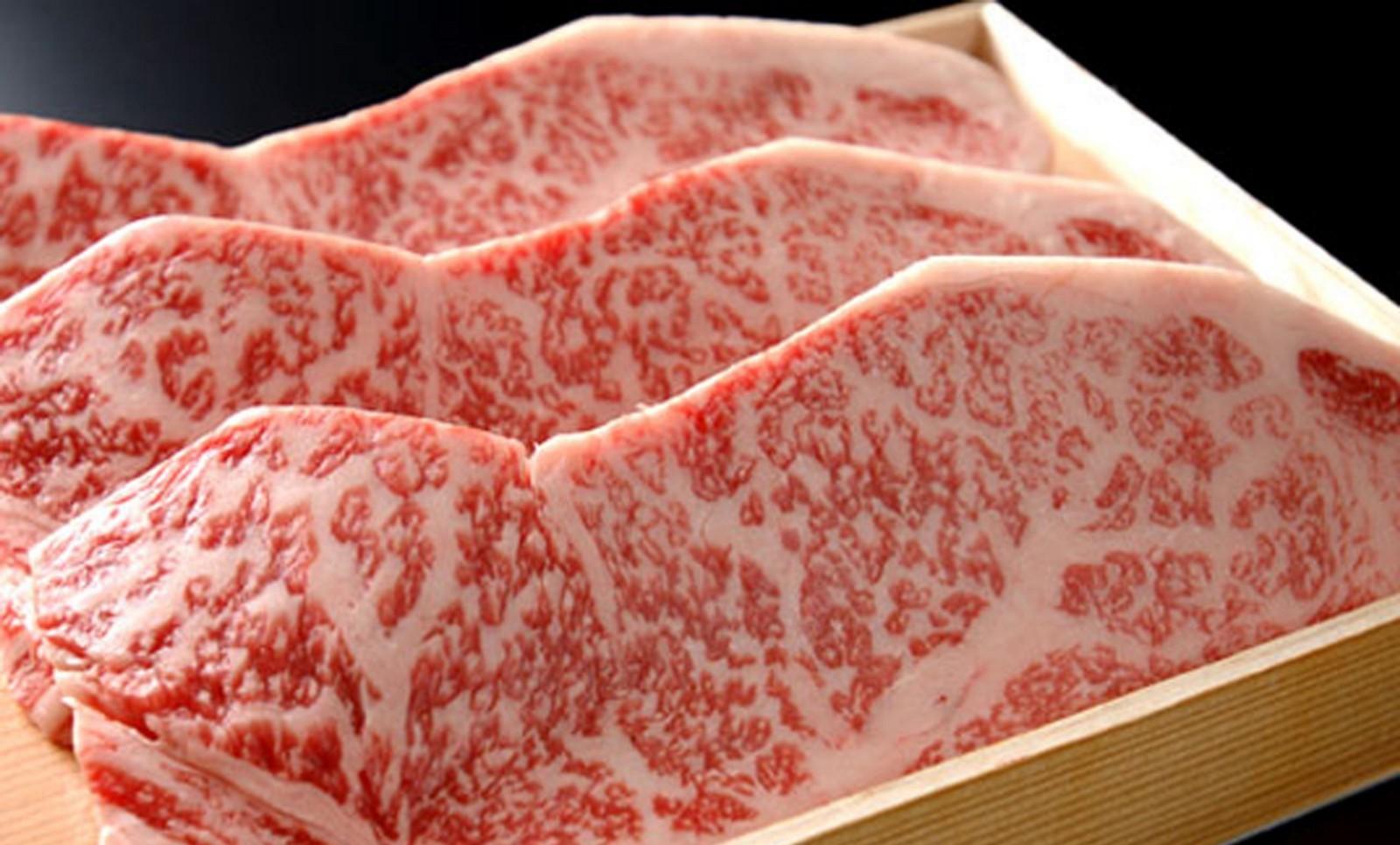Wagyu refers to The Japanese cow and refers to four species of cattle that originated in Japan: the Japanese Black Bull, the Japanese Brown Bull, the Japanese Shorthorn Cow, and the Japanese Pollen Cow.
Kobe beef:
The term Kobe beef refers to beef from a specific Japanese black cow strain raised in Hyogo Prefecture, Japan, according to the rules established by the Kobe Beef Market and Sales Promotion Association. Kobe beef is a truly delicious dish with its muscles full of marbling, tender texture and rich butter flavor. It is also very rare and expensive. Considered the best beef in Japan.
Because of its popularity, beef from many other regions is also advertised as "Kobe beef". Presumably, everyone wants to eat real Kobe beef. Let's take a look at the birth of Kobe cattle and how they are raised.

As of 2020, more than 350 beef producers have registered in the Kobe Beef Market and Sales Promotion Association. The largest number of registrations is in the Tachima area, followed by Kobe's Kurokaka and Himeji cities.
In Hyogo Prefecture, there are other Wagyu beef outside of Kobe, such as "Awaji Beef", which is also very famous. In these areas, beef is classified as Kobe beef or other species. Kobe cattle like this are not only raised in the Kobe area, so why give it the name "Kobe"?
According to the Japanese livestock history book: "Shin-Takuma-Niu Monogatari", in 1985, americans ate the Tashima-niu transported from Kobe at the open trading port of Yokohama, which is the origin of the name Kobe cattle. Because of its delicious taste, the name "kobe beef" spread overseas at once. "Kobe beef" is not considered a beef breed in Kobe, but is synonymous with "Japanese beef".
The Kobe beef certification standard is "the most stringent" in Japan" Mr. Tanimoto. Cows born and raised in Hyogo Prefecture are certified as cows or bulls that have not undergone production between 28 and 60 months after childbirth. The degree of frost pattern, meat fineness, body weight, etc. of the meat is strictly checked, and only beef that passes all the inspections can be recognized as Kobe beef.
In recent years, but the horse cattle have been continuously improved, and the certification rate of Kobe cattle is also increasing. Kobe cattle account for a small proportion of slaughtered cattle in Japan (only 0.5% in 2018). The reason is that farmers in Hyogo Prefecture have been improving the lineage of Japanese cattle and protecting their cattle that still have a tradition.
A piece of Kobe steak looks like this:
Wagyu Beef:
Wagyu beef cattle can be raised anywhere in the world and are still legally called Wagyu beef. There are many ranchers in Western countries such as the United States who raise Wagyu beef. Many large companies sell these products in Western countries such as the United States. Because it is not a cow raised in Japan, it is not Kobe beef.
An ordinary black haired wagyu beef sells for a mediocre price in the market, while Kobe beef must be obtained at auction for several times the price. It is said that a Kobe cow that won a gold medal in the competition even fetched a high price of 7.22 million yen (about 500,000 yuan)! The price of a steak made of such meat can be imagined.
It's a good-looking Wagyu beef steak. Despite their amazing marble feel, they are not as stunning as Kobe beef.
So, which beef is more expensive? Kobe beef, of course. All of these are high-quality beef, but the best meat from Kobe is very rare, and Kobe beef is more precious in terms of color and texture and rarity.
(The pictures in this article are from the Network, such as infringement private message deletion)